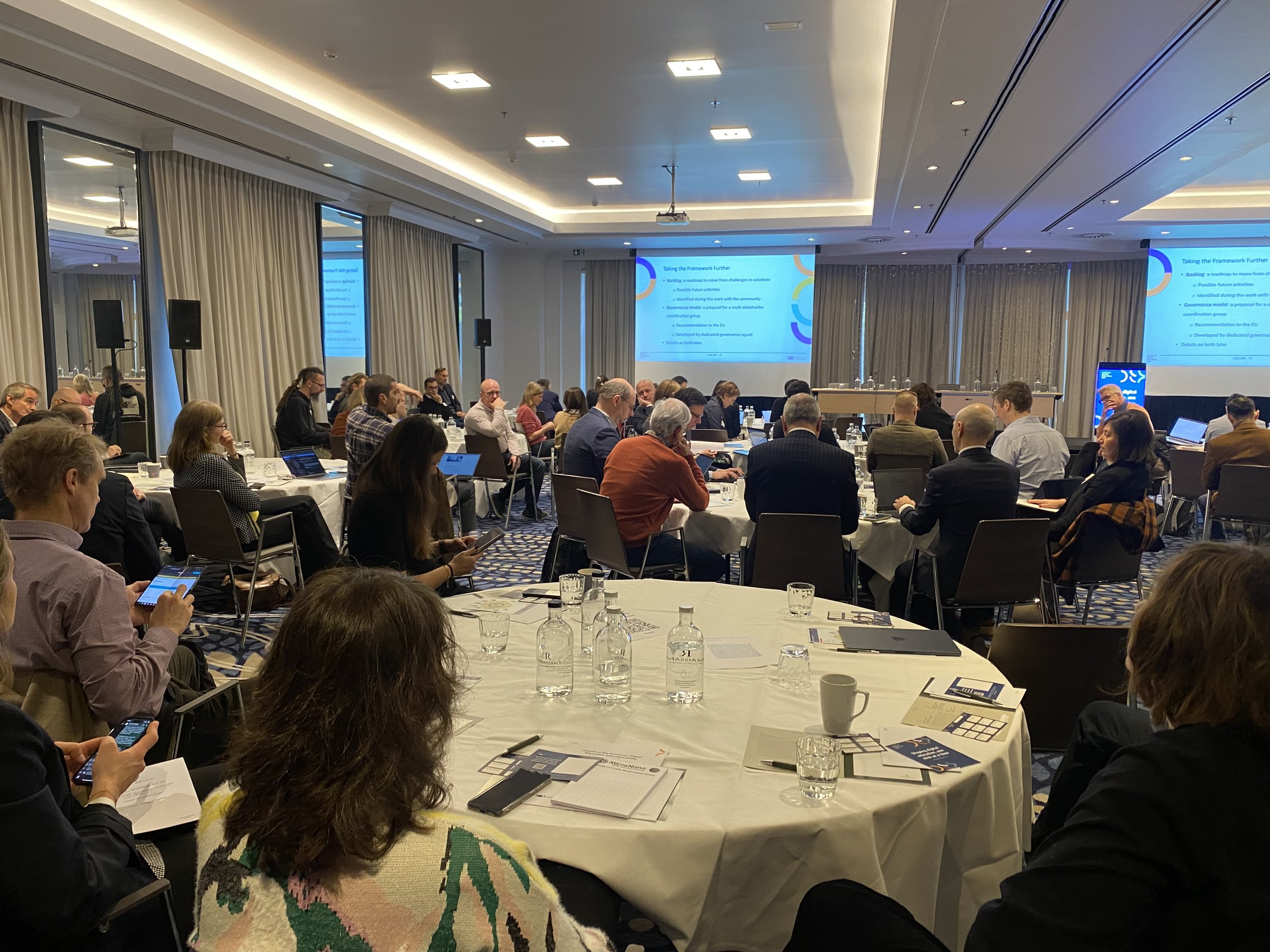The Launch of the Higher Education Interoperability Framework
Guest post by board member,
Albena Spasova
Last week, I had the privilege of representing the European EdTech Alliance (EEA) at the launch of the European Higher Education Interoperability Framework (HEIF) in Brussels. This event, spearheaded by the European Digital Education Hub (EDEH) under the Erasmus+ programme, marked a significant milestone in the journey toward a more connected and efficient European higher education system.
The Focus of the Framework
The HEIF is a visionary initiative designed to tackle fragmentation in digital education across Europe. It aims to enhance seamless mobility for students and staff, improve access to educational resources, and foster lifelong learning opportunities. Developed through collaboration among European University alliances, its core principles include privacy and security, stakeholder engagement, open standards, and cultural diversity.
The overarching goal is to lay the foundation for EU-wide standards for data exchange, enabling fully interoperable systems that enhance the learner's journey—from application and enrollment to certification and lifelong learning. By addressing technical, semantic, and organizational aspects, the framework seeks to streamline processes and foster innovation in digital education.
Partnership Opportunities with the European EdTech Alliance
As the European EdTech Alliance continues to champion innovation in education, our collaboration with the HEIF presents exciting opportunities. By leveraging our extensive network of educational technology innovators, we can support the co-creation of tools, standards, and practices aligned with the framework's objectives. Furthermore, integrating cutting-edge technologies such as AI, VR, and gamification can amplify the framework’s impact, making education more inclusive and engaging.
Image courtesy of Albena Spasova
Reflections on the Event
The launch event brought together a diverse group of stakeholders, including policymakers, educators, and technology experts. Key sessions explored specific use cases like user identity management, credentialing, and cross-border mobility, showcasing the transformative potential of the framework.
One of the highlights was the emphasis on collaboration, as reflected in the proposed Multi-Stakeholder Coordination Group. This group aims to align policies, streamline interoperability standards, and maintain a robust governance model to ensure the framework's adaptability and relevance.
For those who are interested to learn more here is the link to a webinar. The session will delve into the implementation guidelines of the European Higher Education Interoperability Framework, highlight the variety of tools available to European University alliances and higher education institutions, and demonstrate the practical application of these guidelines
The European Higher Education Interoperability Framework is more than a roadmap; it is a call to action for systemic change in education. The European EdTech Alliance is excited to be part of this journey, working to ensure that technology continues to empower learners, educators, and institutions across Europe. Together, we can transform challenges into opportunities and pave the way for a truly interconnected higher education ecosystem.

